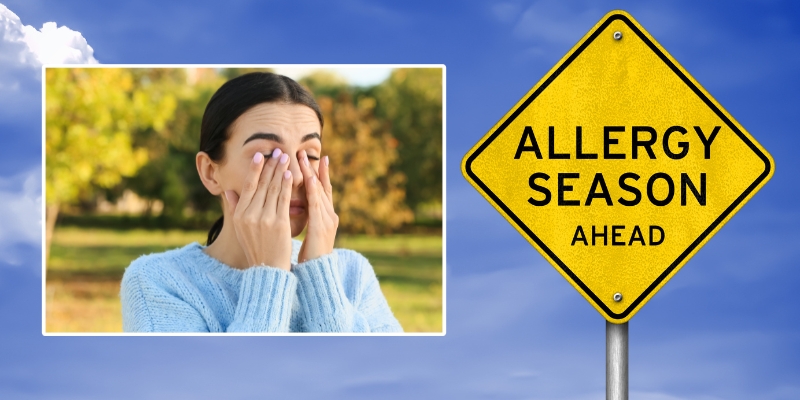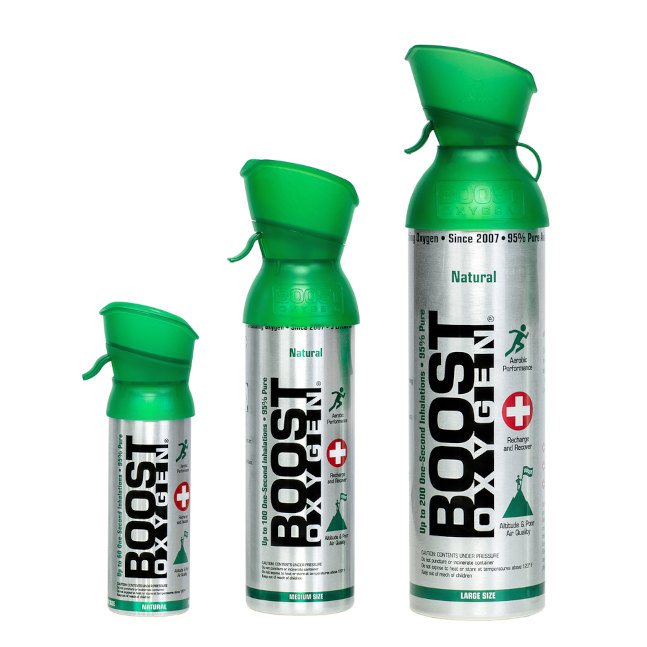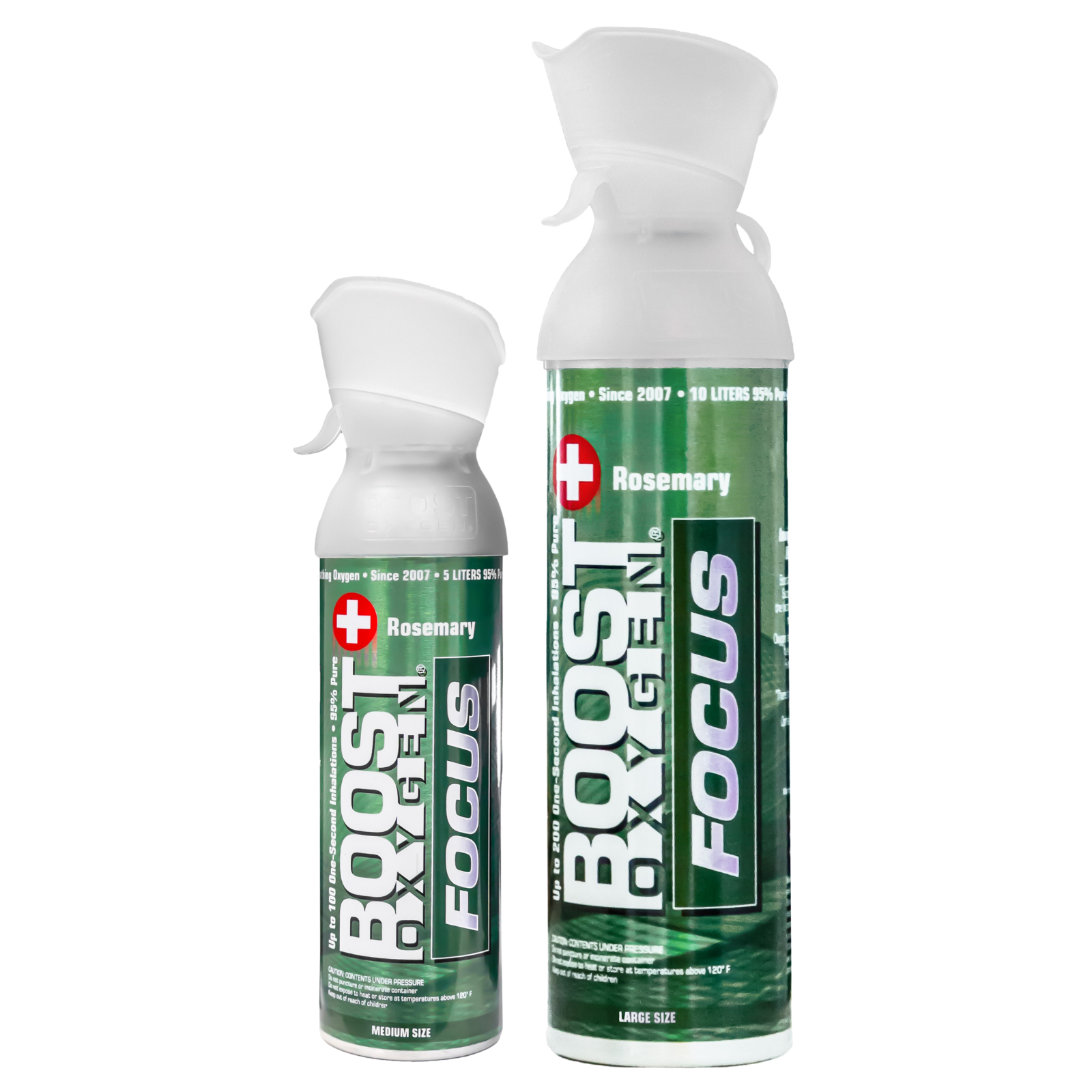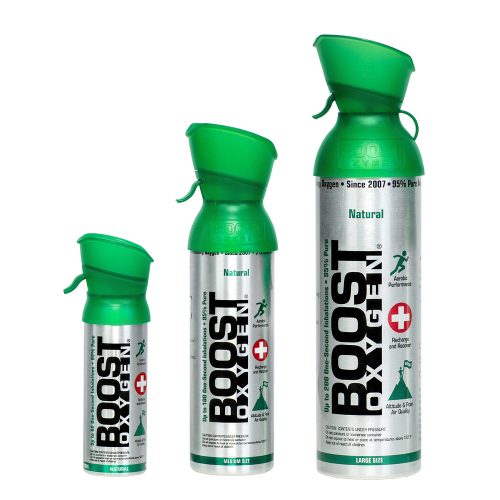Short Of Breath From Seasonal Allergies? Breathe Better!
Spring and summer bring warmer weather and the blooming of mother nature, but it you’re someone with seasonal allergies, it also means sneezing, itchy and watery eyes, a runny nose, trouble breathing and congestion. Likely triggers can include ragweed, mold, grass and pollen.
Tree pollination begins earliest in the year followed by grass pollination later in the spring and summer and ragweed in the late summer and fall.
Tree pollen—March/April
Grass pollen—June/July
Ragweed—Fall
Mold—Fall

What Are Allergies?
When your body comes in contact with something you are allergic to (called an “allergen”), your immune system reactions to it. Your immune system can release chemicals to combat the allergen, which often cause the sneezing, running nose, breathing congestion and itchy and watery eyes, etc.
Common Allergies By Season
Spring
Trees and flower blooms are usually responsible for most springtime allergies. Flowers and trees give off pollen, which effects people with hay fever. Trees that cause allergies include poplar, chestnut, alder, horse and willow.
Summer
Grass is responsible for most summer allergies, as many people are mowing lawns. In fact, grass is the most common trigger for people with hay fever.
Fall
Autumn is ragweed season. Ragweed pollen is a very common allergen, and the symptoms of ragweed allergy can be severe for people that are sensitive to it.
Winter
During winter, most people with allergies are indoors – which means they can react to indoor allergens such as mold, mildew, pet dander and dust mites. These types of allergens can effect air quality and cause people with allergies to be congested and have trouble breathing.
Seasonal Allergy Management
If you experience seasonal allergies, it’s important that you see your doctor or an allergist. More than two-thirds of spring allergy sufferers actually have year-round symptoms. The best way to stop your seasonal allergy suffering is to see an allergist who can diagnose what you are allergic to and how to treat it.
Other Ways To Manage Season Allergies:
Monitor pollen and mold counts. Weather reports in newspapers and on radio and television often include this information during allergy seasons.
Take a shower, wash your hair and change your clothes after you’ve been working or playing outdoors.
Stay indoors on dry, windy days. The best time to go outside is after a good rain, which helps clear pollen from the air.
Avoid lawn mowing, weed pulling and other gardening chores that stir up allergens.
If high pollen counts are forecasted, start taking allergy medications before your symptoms start.
Avoid outdoor activity in the early morning when pollen counts are highest.
Fix water leaks and clean up water damage that can help mold and pests flourish.
Clean moldy surfaces and any places that mold may form, including humidifiers, swamp coolers, air conditioners, and refrigerators.
Use a dehumidifier to reduce excess moisture.











